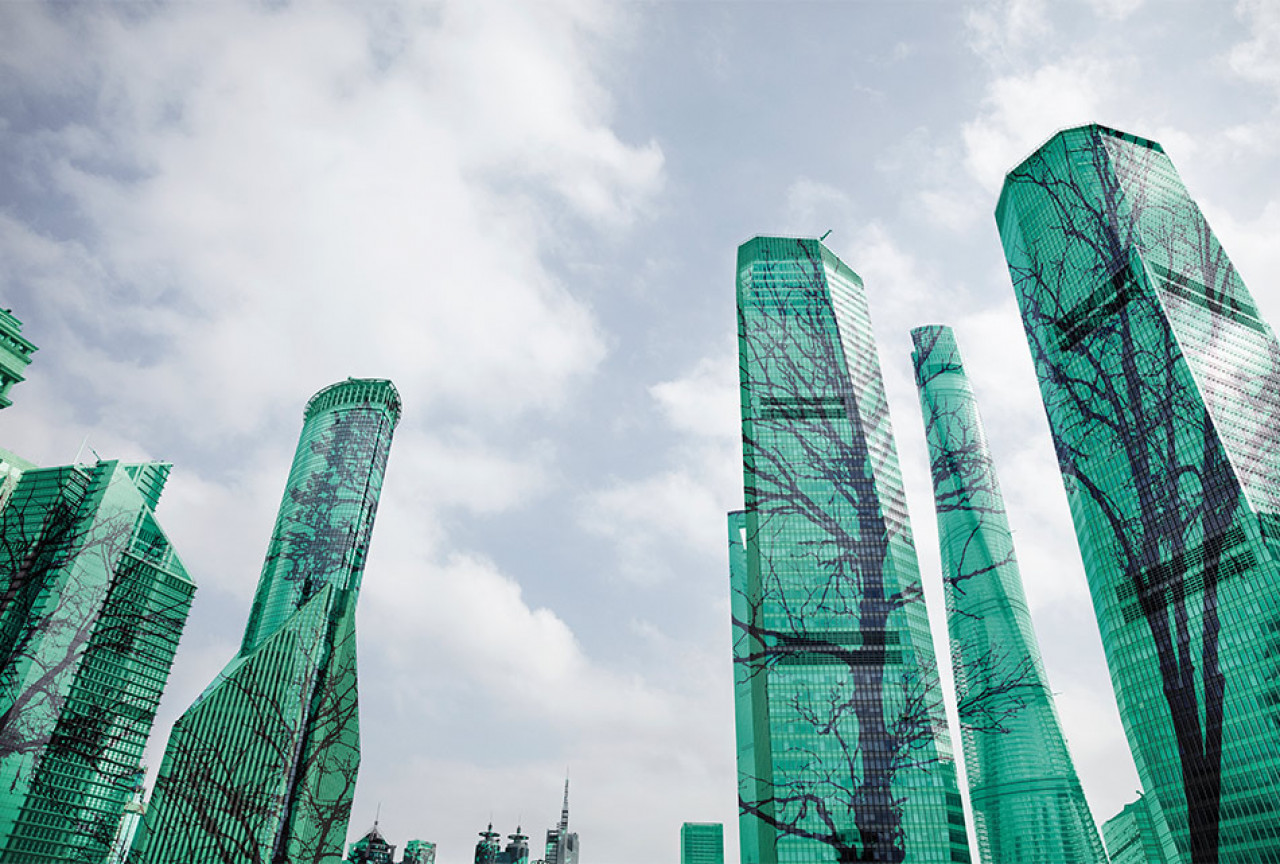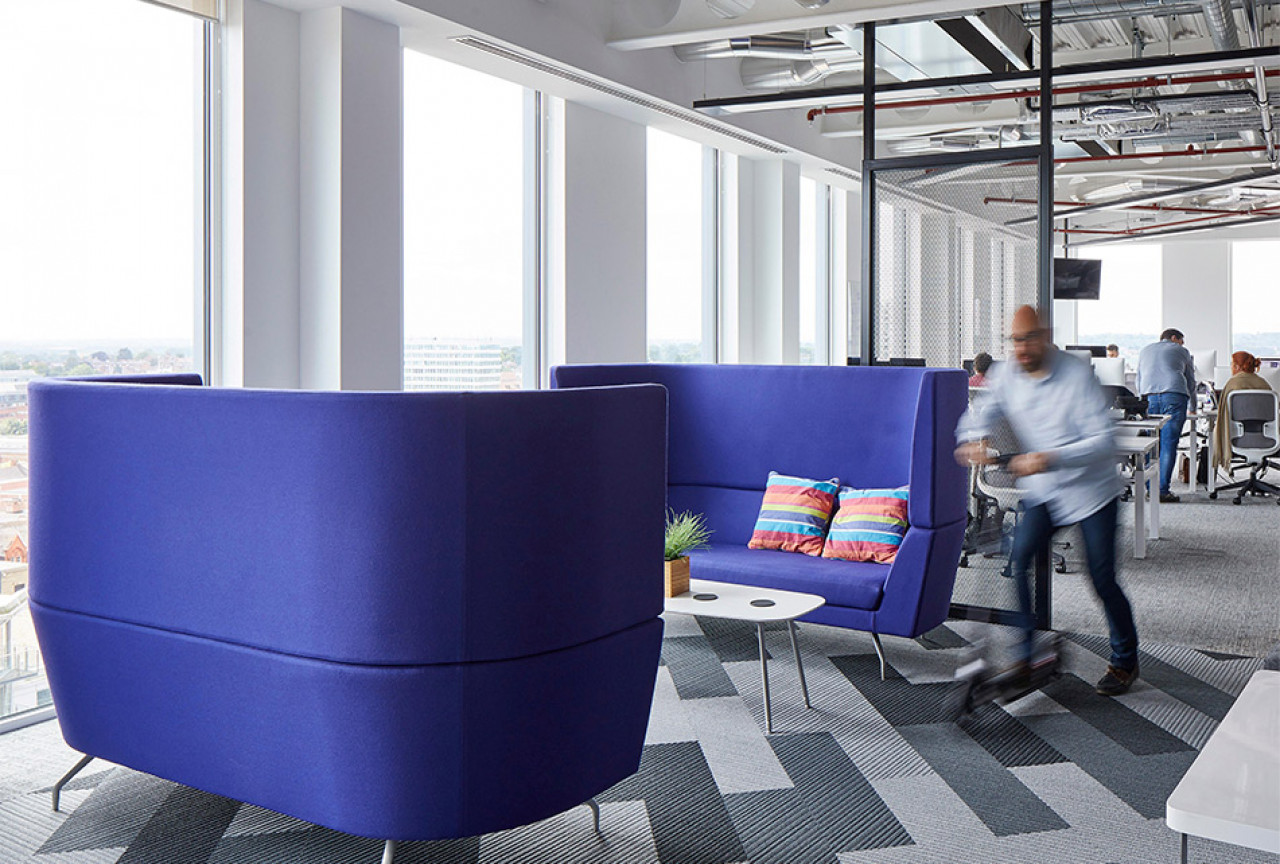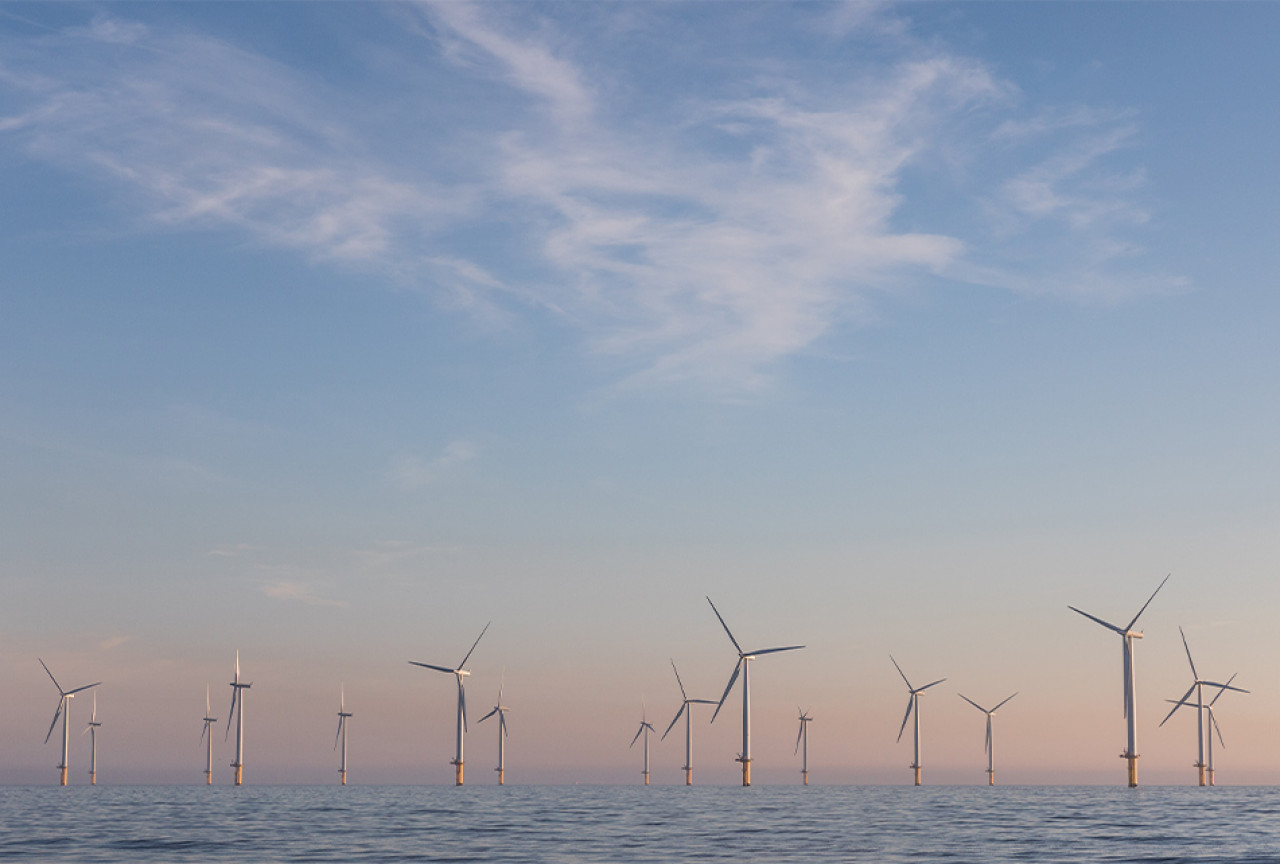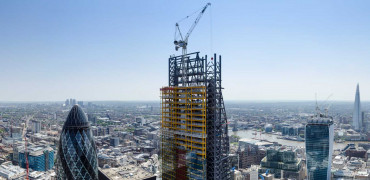According to the World Green Building Council, buildings and construction account for 36% of global final energy use and 39% of energy-related carbon-dioxide emissions when upstream power generation is included.
Research from the UK’s Climate Change Committee (CCC) shows that all buildings produce around 17% of UK greenhouse gas emissions, either directly or indirectly (through use of electricity).
Most of these direct CO₂ emissions result from the use of fossil fuels for heating and hot water production. Approximately 74% of our demand for heating and hot water is currently met from natural gas, making this an important area for GHG emissions reductions.
Buildings also use 59% of the UK’s electricity production which, the CCC states, adds a further 31 MtCO₂e of indirect emissions. Most of this electricity use is for appliances and lighting in homes. In commercial buildings, cooling, IT and catering are the largest electricity users.
The UK government has introduced legislation to reduce energy use in buildings of all types.








